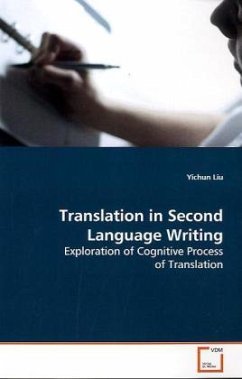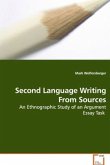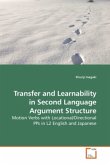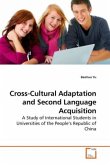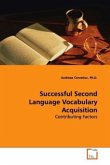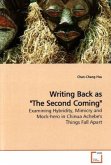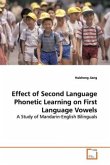As a widely used strategy in second language (L2)
writing, translation has received limited attention
in writing studies. "Translation in Second Language
Writing" explores the cognitive processes of
translation the informational coding, decoding, and
reformulation processes at various cognitive levels
in L2 writing. Based on recent studies in
psycholinguistics and neuroscience, the author
Yichun Liu first formulated a mental translation
model for L2 writing and hypothesized two primary
translation paths for skilled and unskilled L2
writers respectively. Next, Liu conducted a think-
aloud study involving six Chinese-speaking subjects.
She found that skilled L2 writers use more L2 to
think aloud and they struggle more on translation
activities at the semantic level; whereas, unskilled
L2 writers use more L1 to think aloud and focus more
on translation activities at the syntactic level.
This book should be especially useful to scholars in
composition studies, applied linguistics,translation
studies, and foreign language teaching.
writing, translation has received limited attention
in writing studies. "Translation in Second Language
Writing" explores the cognitive processes of
translation the informational coding, decoding, and
reformulation processes at various cognitive levels
in L2 writing. Based on recent studies in
psycholinguistics and neuroscience, the author
Yichun Liu first formulated a mental translation
model for L2 writing and hypothesized two primary
translation paths for skilled and unskilled L2
writers respectively. Next, Liu conducted a think-
aloud study involving six Chinese-speaking subjects.
She found that skilled L2 writers use more L2 to
think aloud and they struggle more on translation
activities at the semantic level; whereas, unskilled
L2 writers use more L1 to think aloud and focus more
on translation activities at the syntactic level.
This book should be especially useful to scholars in
composition studies, applied linguistics,translation
studies, and foreign language teaching.

